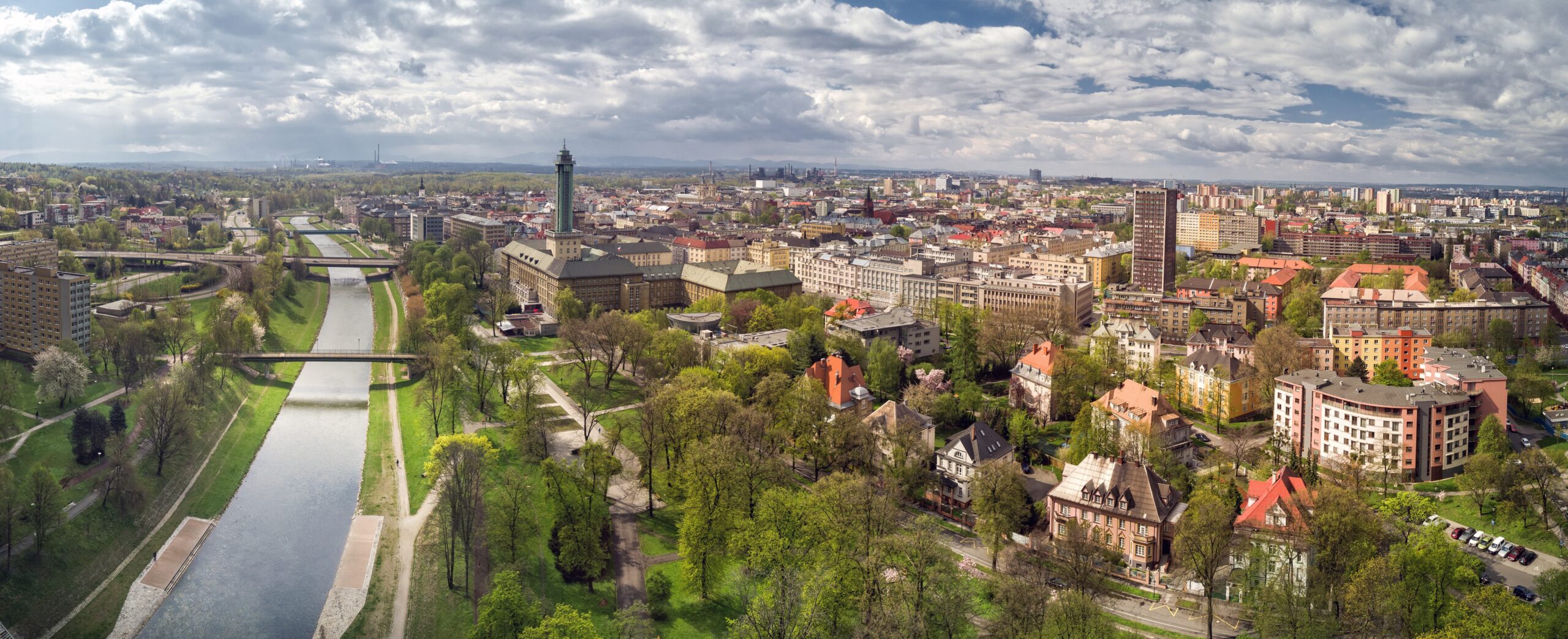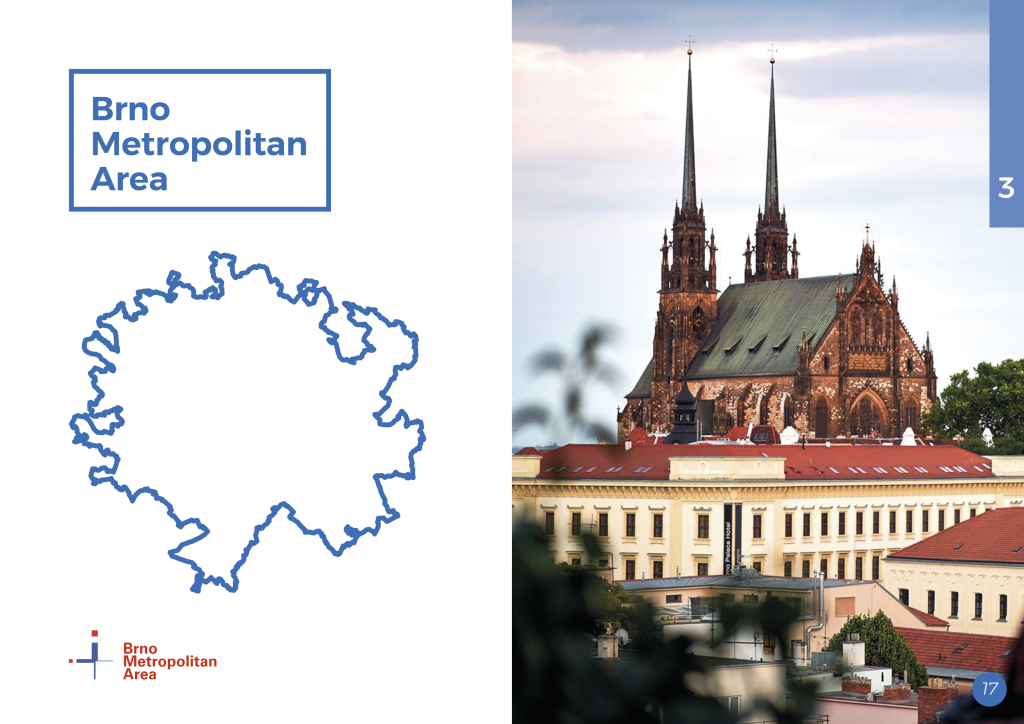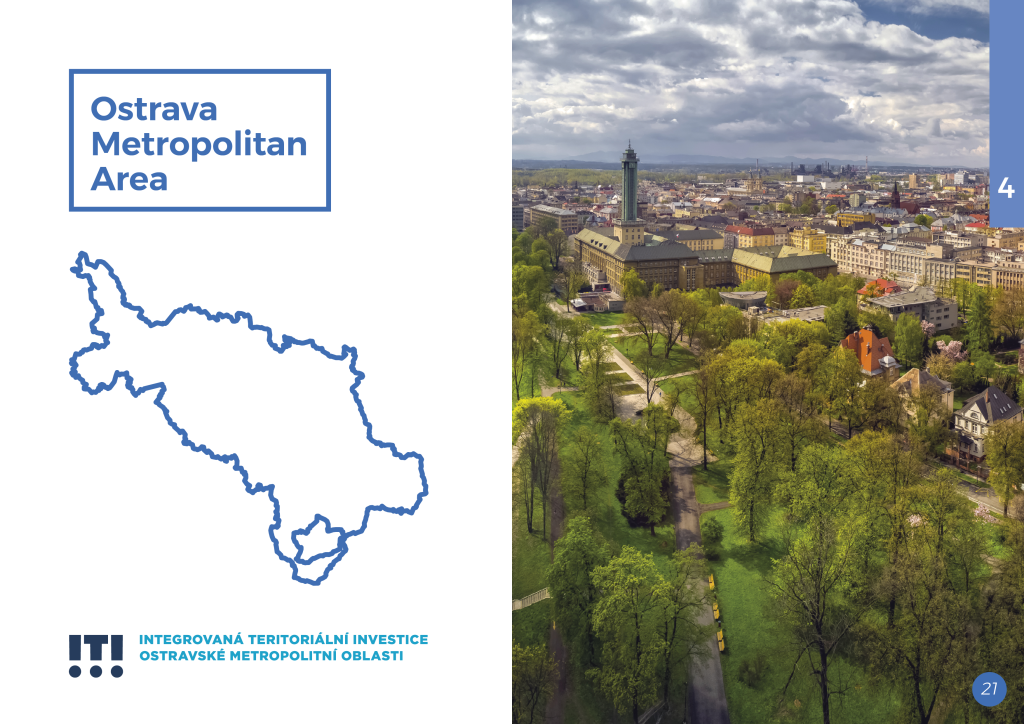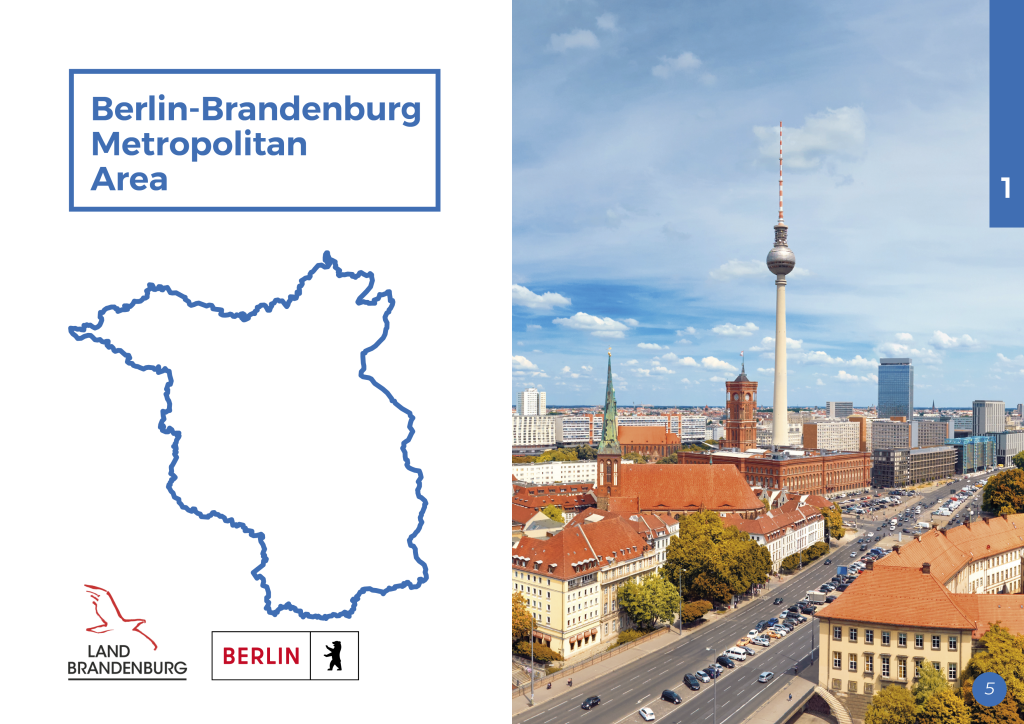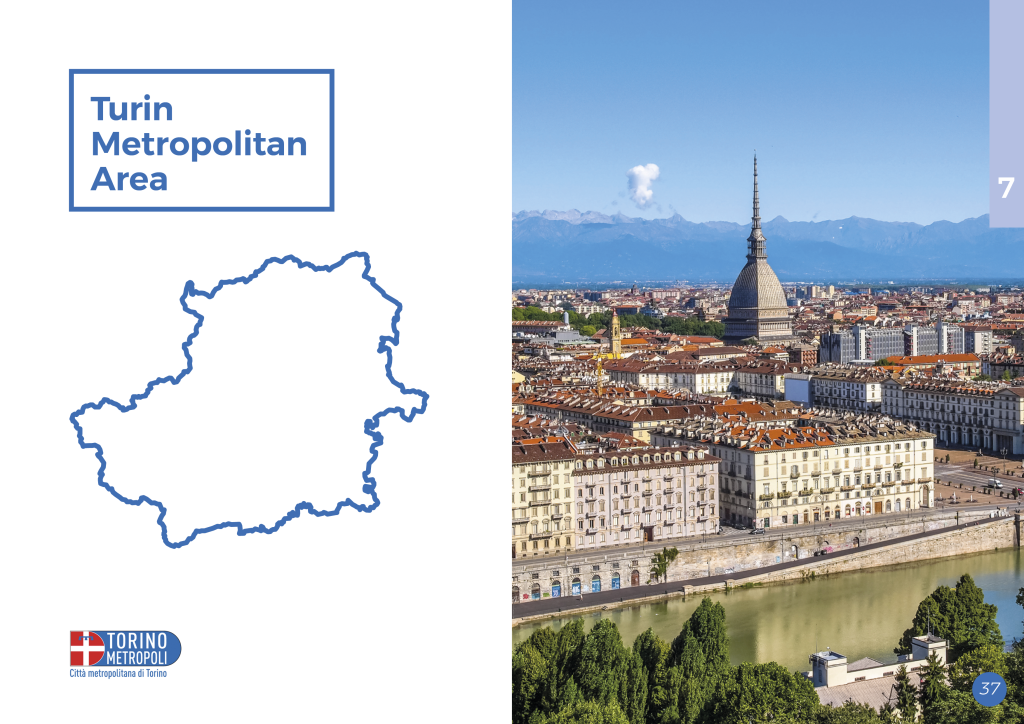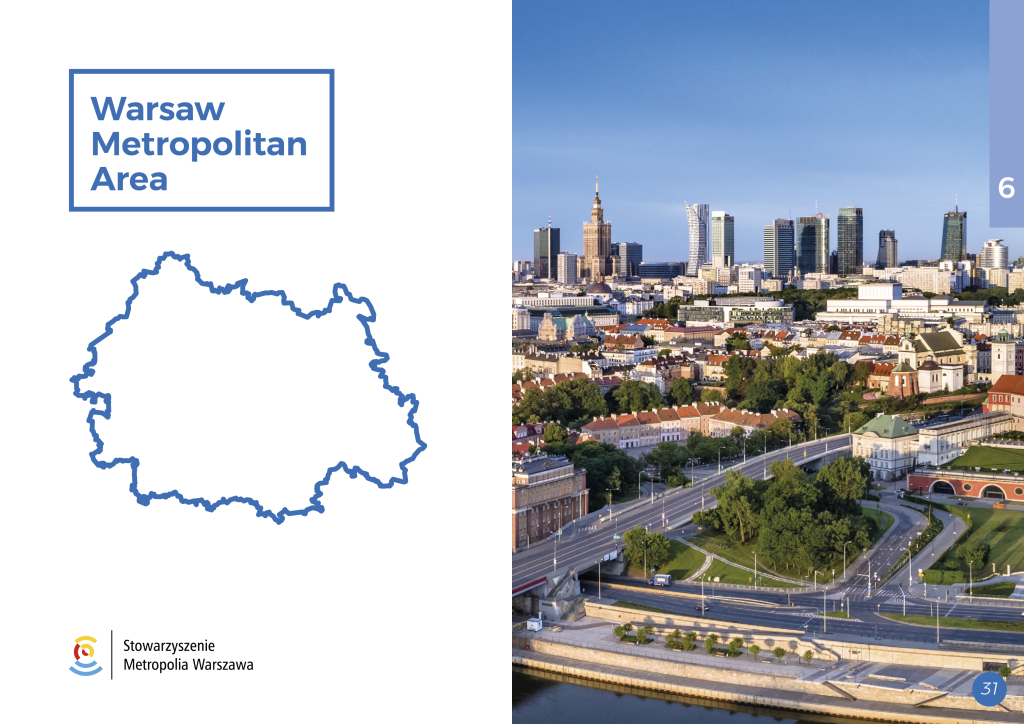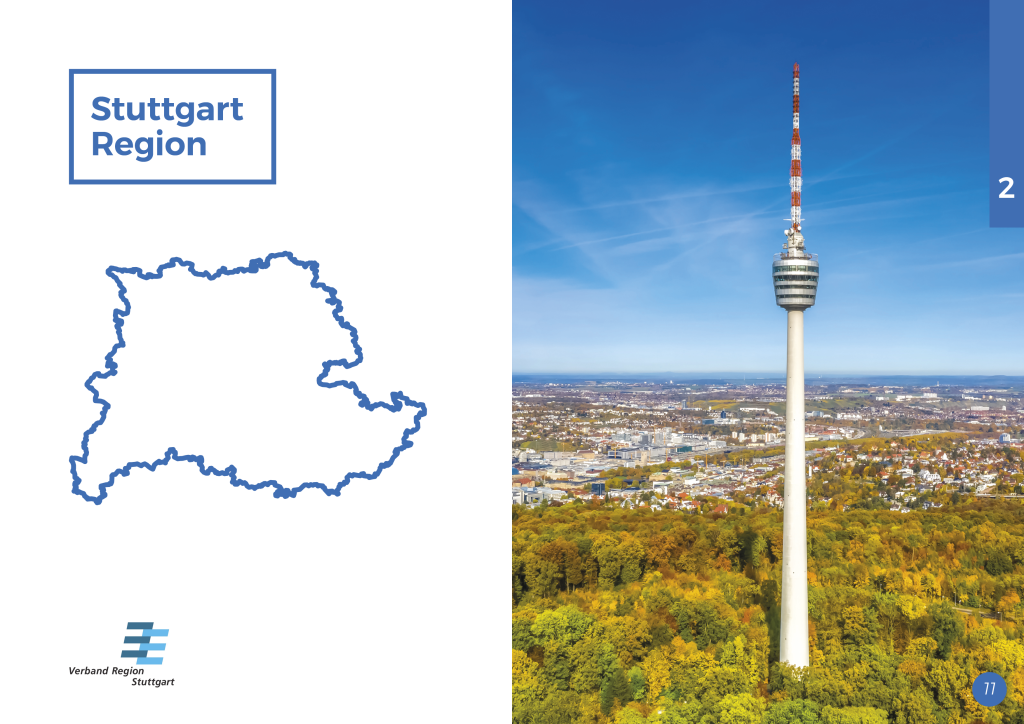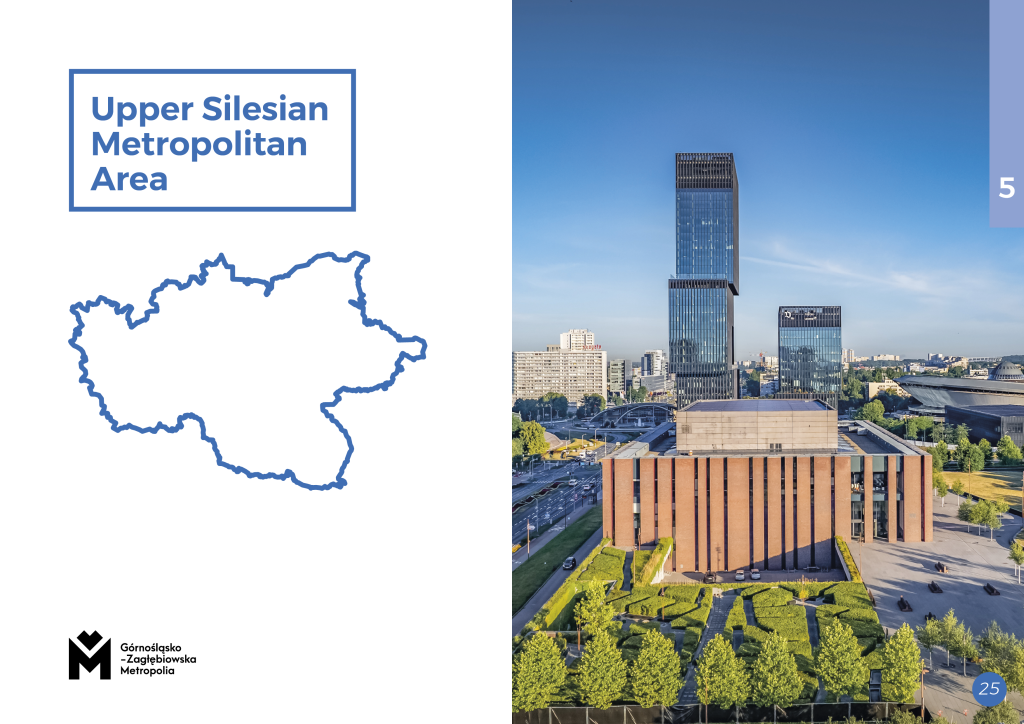For over a year now, the MECOG-CE project – Strengthening Metropolitan Cooperation and Governance in Central Europe has been aiming to enhance metropolitan areas in Central Europe. Thanks to the project, we as 15 partners across Europe are pushing forward mutual cooperation in the field of the metropolitan development. We will be involved in this project for the next two years. Since April 2023, when the project was officially launched in Brno, we have managed to achieve several important outcomes that represent not only a shift in the project itself, but also in the meaning of metropolitan issues in Central Europe and the exchange of knowledge between partners. We will summarise the work of the project consortium in turn:
During the first year of the project, countless project meetings took place, both online and in person. The results of the most interesting ones, which took place in Brno, Warsaw and Stuttgart, can be found by clicking on the links provided. In the second year of the project, we will focus with our partners on a detailed in-depth learning about the selected tools that emerged from the partner meetings and analyses. Within the framework of the study clusters, partners will learn details of good practice examples and then test them in their metropolitan areas via pilot action. Based on the results of the research and testing, we will then propose improvements to the tools together with partners. We are therefore looking forward to another exciting and important year for the MECOG-CE project and you can continue to follow its progress on our project website. The project also has its own profile on LinkedIn.
- We have created Common Metropolitan Vision – it is a policy document advocating the metropolitan agenda at European and national level, while summarising the needs and strengths of metropolitan areas. We will now jointly present the vision at different levels to strengthen metropolitan issues;
- We have identified challenges and oppportunities specific for Central European metropolitan areas – the document summarises not only the current challenges for Central European metropolitan areas, but also the opportunities for the enhancement of metropolitan dimension. Furthermore, it investigates the presence of this dimension in European and international policies.
- We have analysed the metropolitan governance systems of metropolitan areas involved in the project and their best practices and tools – this unique document presents an analysis of the partner metropolitan areas in terms of their metropolitan structures and the functioning of metropolitan cooperation in the territory. The information given is also set in the national context in more detail. The next part of the document presents and compares the identified tools and examples of good practice that have proved successful in the metropolitan areas. In total, we have collected 47 examples of good practice. You can also take a look at the individual metropolitan structures and selected tools in this storymap.
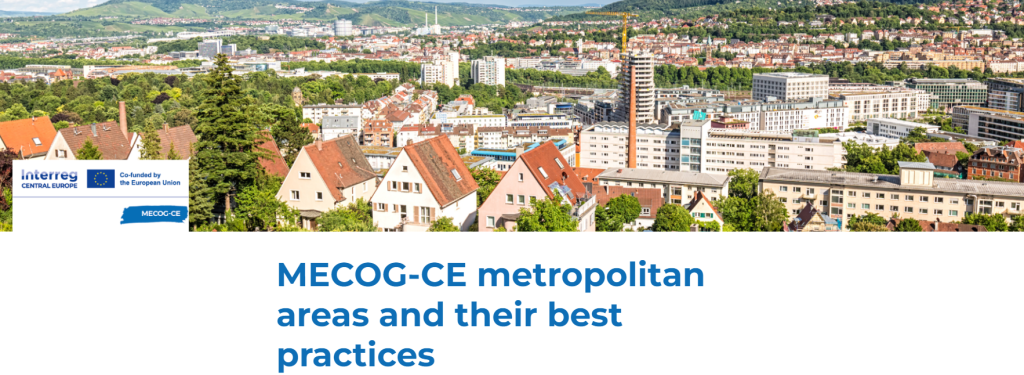
- We have analysed the best practices outside Central Europe region – the document presents 29 good practice tools that have been successfully applied in metropolitan areas that are not part of the project. These include the Amsterdam, Barcelona and Birmingham metropolitan areas.
